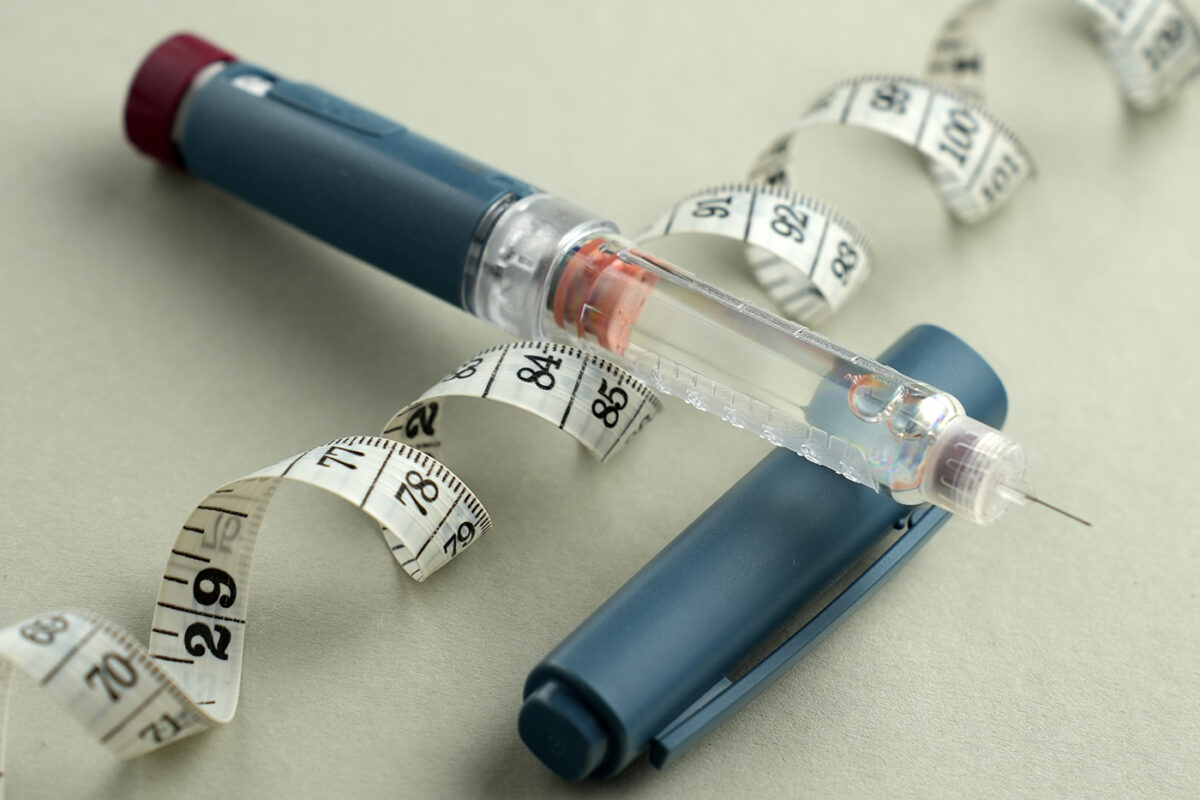
June is Men’s Health Month. Several states also designate June as Responsible Fatherhood Month or Fatherhood Awareness Month, an observance that raises awareness of the role fathers play in their children’s lives. Research suggests that fathers’ direct involvement with their children positively influences a wide range of children’s outcomes, and that this is true even when the fathers do not live with the children.
Men face numerous challenges as they take on the complex role of fatherhood. Men transitioning into fatherhood are at increased risks of depression, anxiety, and elevated stress, which can negatively affect their children’s development, according to 2025 review published in JAMA Pediatrics. Many fathers also struggle with challenges such as poverty or incarceration — especially in Arkansas, which has among the highest rates of poverty and incarceration in the nation.
To help address these challenges, many states have developed initiatives that provide programs and resources to promote men’s health, mentoring of young men, father-child activities, and fatherhood development. A 2022 report by the Fatherhood Research and Practice Network presents state-by-state information on policies and programs that support fathers and engagement between fathers and their children.
The National Fatherhood Initiative highlights resources and programs that prioritize paternal inclusion by equipping dads with the tools and knowledge they need to be actively involved.
Recommendations by the Mayo Clinic for easing the anxiety and stress of becoming a father include:
- Attend prenatal classes.
- Consult a financial planner.
- Build a network of social support.
- Talk to your partner about the changes to your daily lives and relationship.
- Seek help from a counselor or other mental health provider if you are in mental distress.
Fathers can have a profound impact on their children’s development. Raising awareness of fathers’ contributions and addressing the challenges they face can help improve the physical, mental, and emotional health of children and families.
For more on men’s health, see our post on the importance of preventive screenings.






